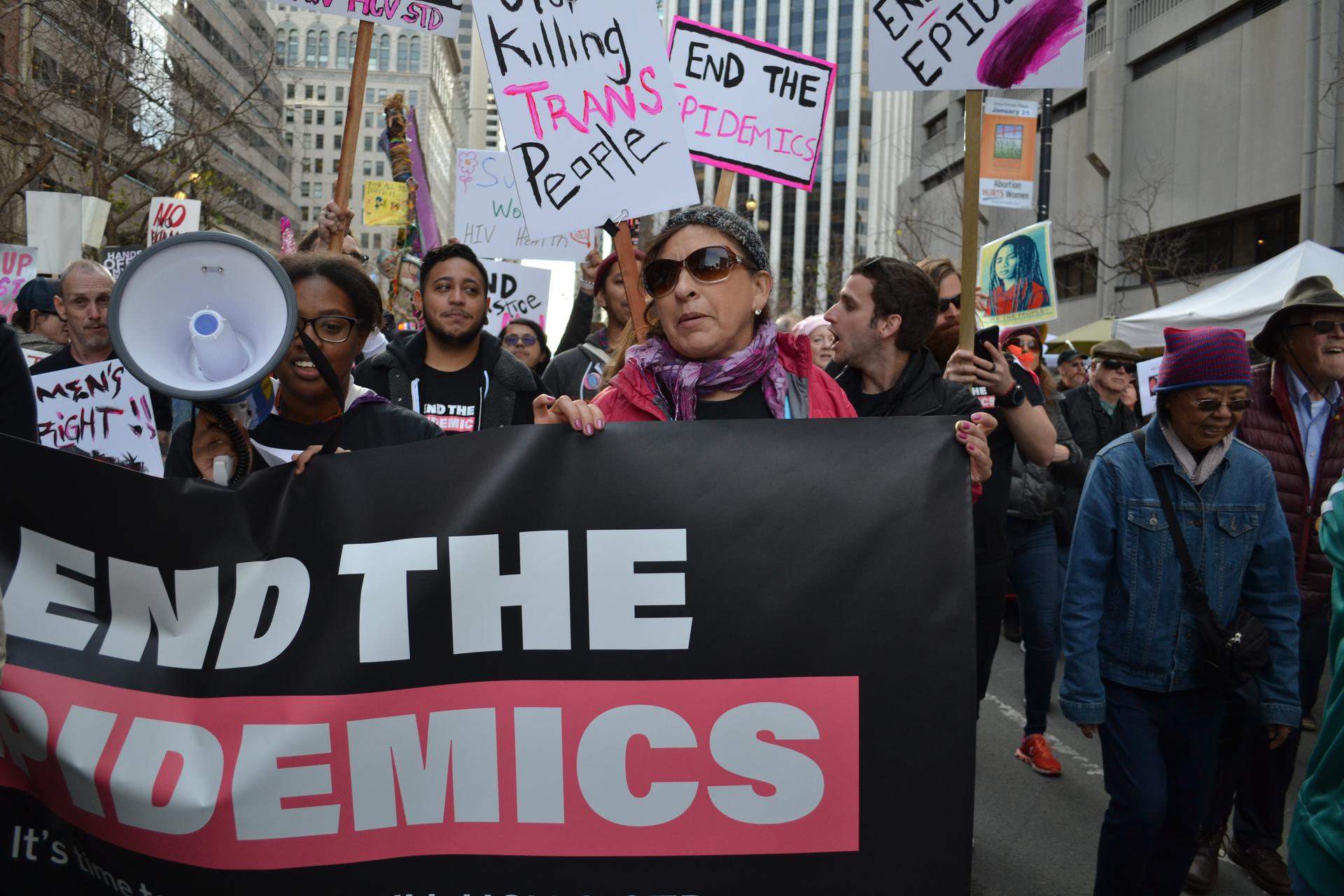In a landmark move, an FDA advisory committee voted unanimously on May 10, 2023, to allow a birth control pill…
Read More
Can We Solve the OB/GYN Shortage?
And why we need the Clinic more than ever! The shortage of ob/gyns in California, as elsewhere, is real, says…
Read More
Importance of ERA
“Equality of rights under the law shall not be denied or abridged by the United States or by any state…
Read More
Help End the Epidemics
End the Epidemics (ETE) is excited to announce a new Grassroots Fellowship Program! As part of this program we’re…
Read More
The Fall of Roe…The Rest of the Story
Letter to the editor/other voices July 18, 2022 by Lynn Wenzel I am writing to respond to Terry McLaughlin’s July…
Read More


